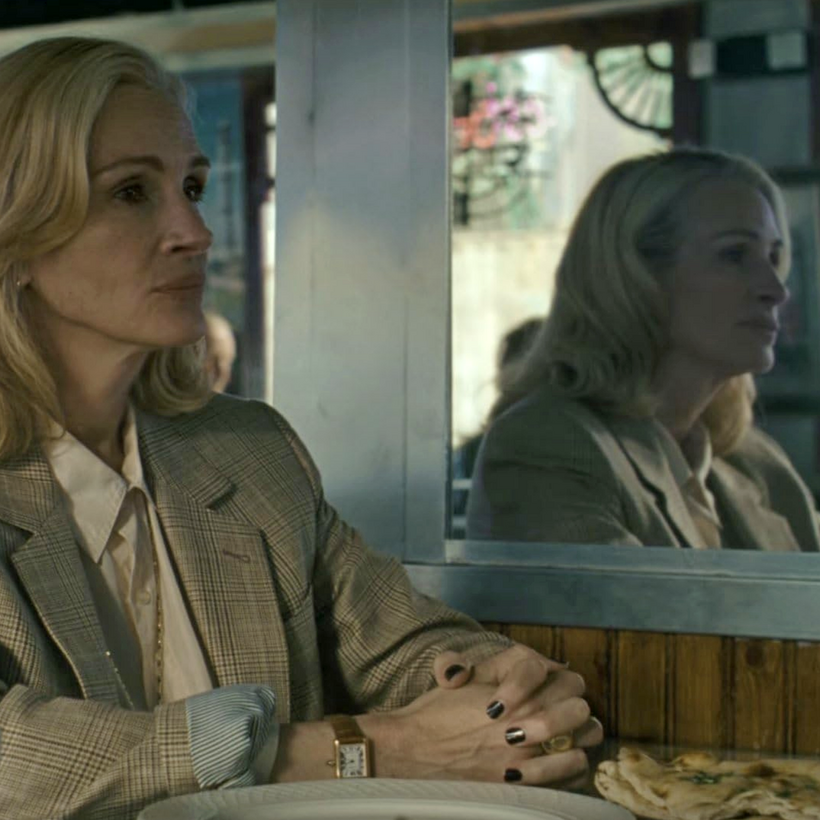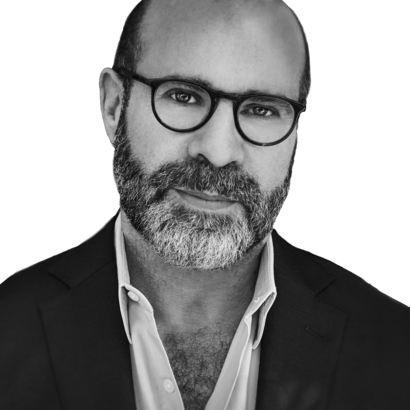In her 2017 Paris Review essay, “What Do We Do with the Art of Monstrous Men?,” Claire Dederer attempts to navigate the space between the art we love and the messy people who created it. How can we be the educated, aware, cultured people that we know ourselves to be and still value works of Roman Polanski, Woody Allen, or Miles Davis?
Certainly, we know better than that. We canceled them years ago!


